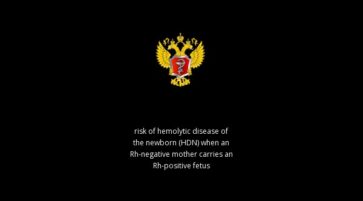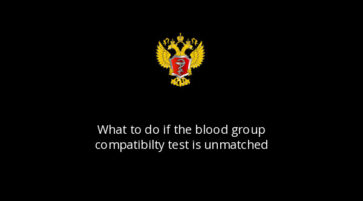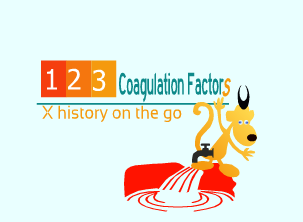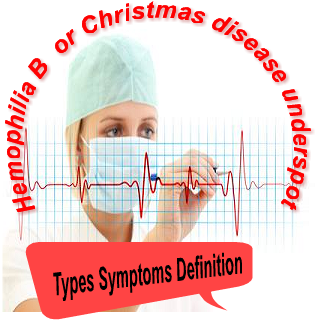
Aybintio (abaloparatide)
Aybintio is a prescription medicine used to treat osteoporosis in postmenopausal women at high risk…

Risk of Hemolytic Disease of the Newborn (HDN) when an Rh-negative mother carries an Rh-positive fetus When an Rh-negative mother carries an Rh-positive fetus, there is a risk of hemolytic disease of the newborn (HDN) because the mother’s immune system may produce antibodies against the Rh antigen in the fetal blood, leading to the destruction…… Read More »

The management of blood group incompatibility during pregnancy requires close collaboration between obstetricians, maternal-fetal medicine specialists, neonatologists, and other healthcare providers to ensure optimal outcomes for both mother and baby…. Read More »

The Biochemistry of Coagulation Factors The biochemistry of coagulation factors in the blood clotting mechanism, and its function as a biochemical amplifier of blood coagulation was largely discovered in the 20th century. Paul Owren (1905–1990) discovered proaccelerin or Factor V in 1947, which was the first clue pointing to the complexity of the coagulation system……. Read More »

Hemophilia B also known as factor IX deficiency or Christmas disease is a rare congenital bleeding disorder caused by factor IX deficiency…. Read More »
